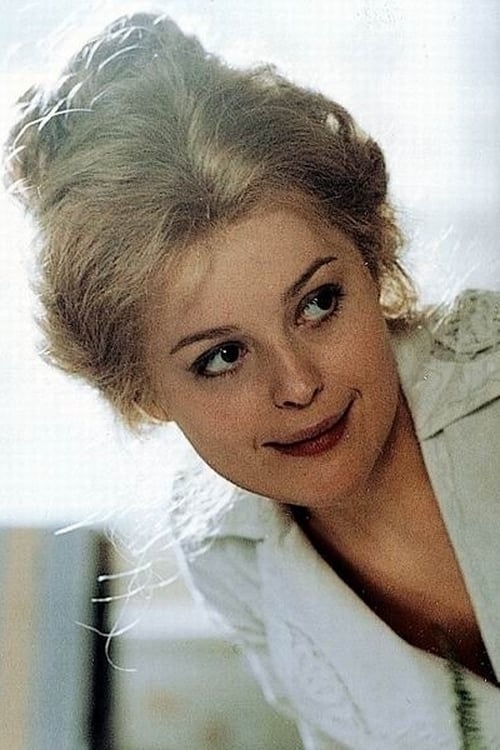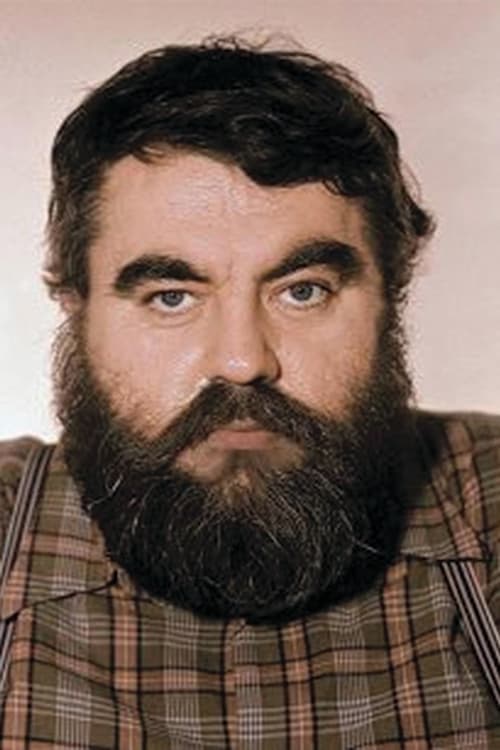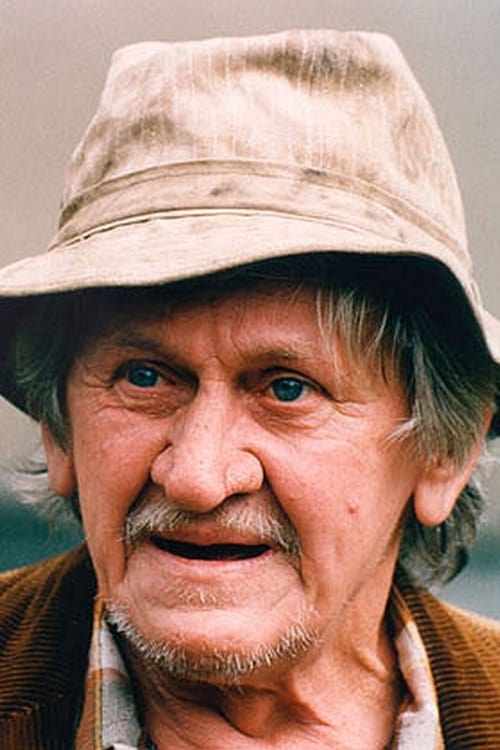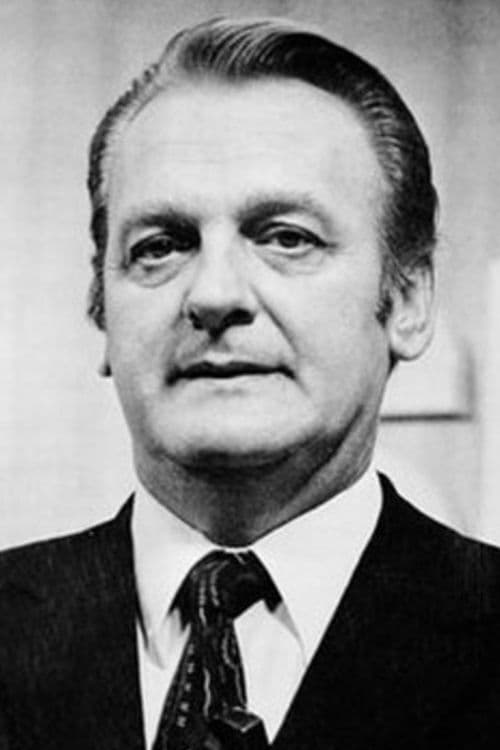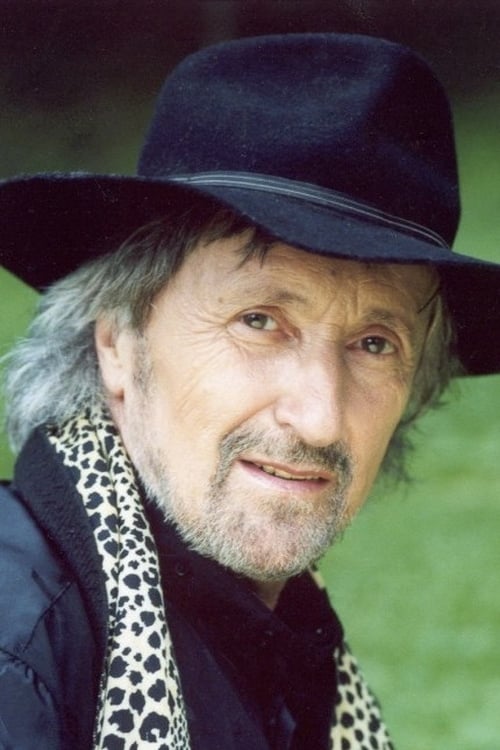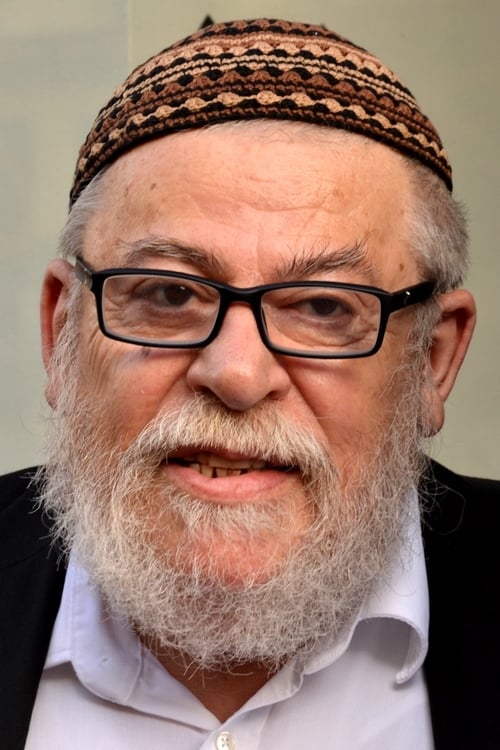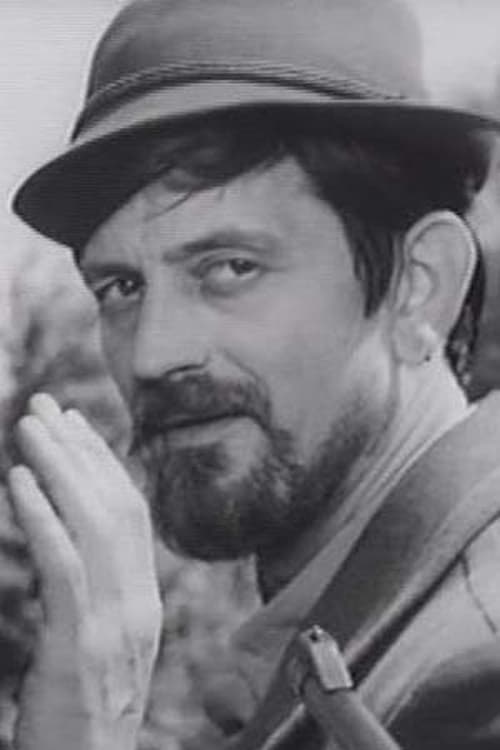The Deserter and the Nomads (1968)
장르 : 드라마, 전쟁
상영시간 : 1시간 39분
연출 : Juraj Jakubisko
각본 : Ladislav Ťažký, Juraj Jakubisko, Karol Sidon
시놉시스
An apocalyptic story of three wars in three film tales encompassing the end of the WWI,WWII, as well as a vision of the world destroyed by nuclear weapons. This film was honored at the film festivals in Venice and Sorrento. Immediately after that the copy with Italian subtitles was locked in a safe as evidence of the anti-communist activities of the director, who used real footage of the Soviet invasion.
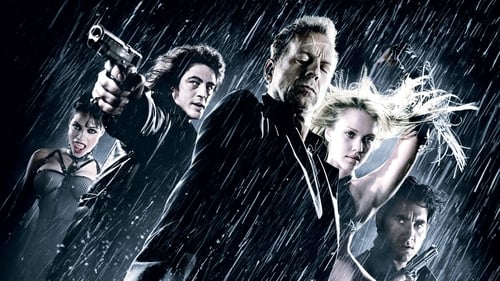
형사 하티건은 천사와 같이 순수한 댄서 낸시를 지키기 위해 자신의 모든 것을 버리고 총을 잡는다. 그러나 상원의원인 아버지의 권력을 이용하는 유괴범 로크는 낸시를 손에 넣기 위해 하티건을 죽음으로 몰아간다. 거리의 파이터인 마브는 하룻밤 사랑을 나눈 금발 여인 골디가 다음날 아침 싸늘한 주검이 되어있는 것을 발견하게 된다. 살인 누명을 쓰고 쫓기게 된 마브는 그녀를 위해 복수를 시작한다. 한편 올드 타운에서 부패한 형사반장이 살해당하는 사건에 휘말린 사진작가 드와이트는 타운의 보스인 게일과 함께 경찰의 비호를 받는 갱들과 한바탕 전쟁을 준비한다.
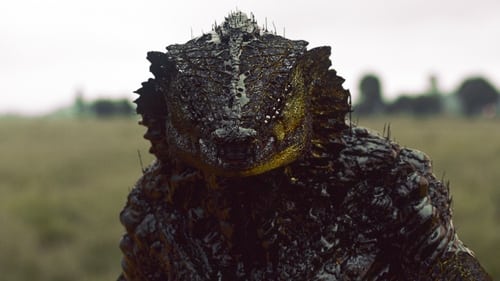
닐 블롬캠프 감독이 설립한 실험 영화 제작사. 단편 영화들을 제작하여 유튜브와 스팀을 통해 무료로 공개하고 있다. 만들어진 작품들은 반응과 피드백에 따라 장편 화 되거나 어떤 방식으로 든 내용을 확장해나갈 가능성이 있음을 시사했는데, 그가 단편 영화에 뿌리를 둔 감독이란 걸 생각한다면 블롬캠프다운 제작 방식이라고 할 수 있다.
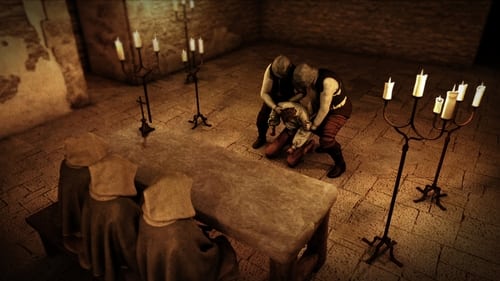
[엑스트라오디너리 테일]은 에드가 앨런 포의 다섯 편의 소설을 각자 독특한 그래픽 디자인 스타일로 그려낸 작품이다. 비주얼 아티스트의 다섯 작품은 포의 어두운 세계의 심리적인 깊이와 복잡함을 가장 잘 드러낸다.
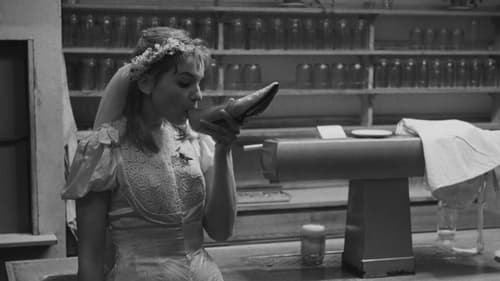
A manifesto of sorts for the Czech New Wave, this five-part anthology shows off the breadth of expression and the versatility of the movement’s directors. Based on stories by the legendary writer Bohumil Hrabal, the shorts range from the surreally chilling to the caustically observant to the casually romantic, but all have a cutting, wily view of the world.
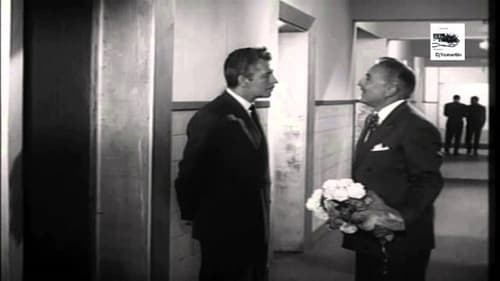
This film tells several short stories that end up lapsing in the emergency room of a hospital, because it is dedicated to nurses. Cantinflas appears at the end of the film playing the role of Luis, a man who has five daughters and looks forward to a boy, but fate plays a trick and the child dies at birth, but history gives a nice twist and a message of hope.
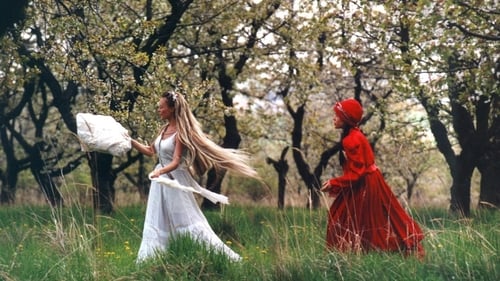
Seven seemingly unconnected fairy tales - glued together only by folklore, mood, color and light - make up this Czech collection of visual poetry. The original piece of literature, written by Karel Jaromír Erben in 1853, contained twelve tales.

Siblings find their dead uncle's secret stash VHS tapes. The tapes feature sick solicitors, gruesome dares, patricide, demonic technology, monstrous fruit and many more horrors. As they eagerly watch each of these shocking, bizarre, comedic and bloody movies, little do they know that they are conjuring something very ghoulish and gruesome. In the tradition of horror anthologies like V/H/S.

"Using the same, three times repeating dialogue – dramatic conversation between man and woman – Jerzy Skolimowski from Poland, Slovak director Peter Solan and Czech director Zbynìk Brynych shot three different stories. The result was an extraordinary experiment in the world cinema, which we can call an insight in the relationships of men and women of different age groups, an analysis of love and marriage of those who are at the beginning, in the middle or going towards the end of their life."
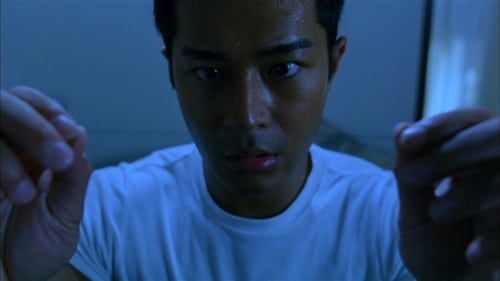
The second chapter of the "Troublesome Night" series, this movie consists of three stories. The first story is about a girl that called a radio show for advice and comfort after her boyfriend died tragically. One of the station DJs unconsciously suggested that she should commit suicide if she wants to be reunited with her beau. Unfortunately, the girl takes the suggestion and the DJ becomes racked with guilt as the girl's ghost returns to haunt him. The second story is about a group of friends voyage to the sea. During the trip, they encountered mysterious events after they rescued an eerie woman from a boat wreckage. The third story is about another DJ that quit his job after the untimely deaths of his co-workers. To escape the pain, he becomes a street racer. But, his thrill rides were hindered when he stumbled upon a sinister spirit by the roadside

This three-part ballad, which often uses music to stand in for dialogue, remains the most perfect embodiment of Nemec’s vision of a film world independent of reality. Mounting a defense of timid, inhibited, clumsy, and unsuccessful individuals, the three protagonists are a complete antithesis of the industrious heroes of socialist aesthetics. Martyrs of Love cemented Nemec’s reputation as the kind of unrestrained nonconformist the Communist establishment considered the most dangerous to their ideology.
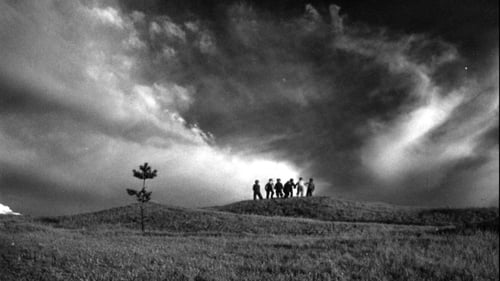
A poignant overview of how short life can be, this interesting drama from Czech director Vojetch Jasny is divided into four separate segments. In the first skit, a young child's impressions are observed as his newborn baby sister becomes a part of the family. In the second, a young woman falls in love for the first time one summer, and in the third, a tough, older peasant woman battles against the farming cooperatives. Finally, in the last segment, everything comes full circle as a woman who is about to become a grandmother dies while her daughter-in-law has not yet given birth.

May 1945. On the outskirts of Prague, ordinary people meet Soviet soldiers-liberators with tears of joy in their eyes. In the early days of the lull, someone sadly recalls a pre-war life; someone unexpectedly meets his love; someone is returning from enemy dungeons looking hopefully into the future; and someone, having moved from a tank into a Czech tram, warmly recalls his craft as a car driver... These days, all those who survived the Great War fire swear an oath to keep peace on Earth forever, honoring the memory of those who gave their lives for simple human happiness.
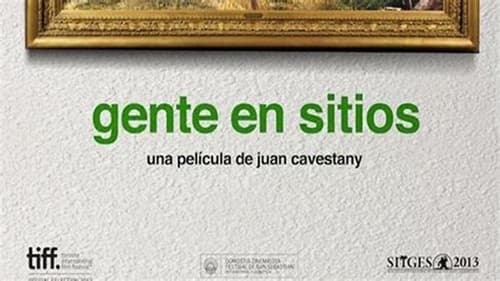
A fragmented view of contemporary Spain, drawing conclusions about the persistence of the human condition, strangeness, and the chaos within relationships.

Five directors tackle five short stories playfully tied together in one dark, twisted, humorous film about what goes on behind the door of room 316.

A year after the death of his paternal grandmother at the age of 101, filmmaker Martin Villeneuve brings her back to life using a special talent.

In this antological film, four fairy tales from the book by Jan Werich, each one by a different director.
Břetislav Pojar directs the story of Thumbelina, Aurel Klimt "The Hunchbacks of Damascus", Vlasta Pospíšilová "Three Sisters and a Ring" and Jan Balej close the film with "The Sea, Uncle, Why is it Salty?".

As Boys On Film reaches the end of its teenage years, we take a look at those unique boys who go one step further, who excite, invigorate, and always impress, who break boundaries, shape their worlds and are more than what they appear. Volume 19: No Ordinary Boy includes ten complete films: Scott T. Hinson's "Michael Joseph Jason John" also starring Eric Robledo… Abhishek Verma's animated "The Fish Curry"… Dean Loxton's "Meatoo" starring Calum Speed and Warren Rusher… Amrou Al-Kadhi's "Run(a)way Arab" also starring Ahd and Omar Labek… Jannik Splidsboel's "Between Here & Now" starring Francesco Martino and Peder Bille… Jake Graf's "Dusk" starring Elliott Sailors, Sue Moore, and Duncan James… Ben Allen's "Blood Out Of A Stone" starring Alex Austin and Oisín Stack… David Färdmar's "No More We" starring Jonathan Andersson and Björn Elgerd… Leon Lopez's "Jermaine & Elsie" starring Marji Campi and Ashley Campbell… and Marco Alessi's "Four Quartets" with Laurie Kynaston.

Set along the southern coast of Vietnam during the French occupation in the 1940s, water is everywhere, giving life and bringing decay and rot. Kim is 15; his father and step-mother have two buffalo, their lifeline as subsistence rice farmers. During the rainy season, there's no grass and the buffalo are starving. Kim volunteers to take the beasts inland to find food. On this coming-of-age journey, Kim sees men mistreat women, men fight with men, and French taxes rob the poor. He works for Lap, a buffalo herder whose past is entangled with Kim's parents, and he makes friends who will lead him to his place in the world.


